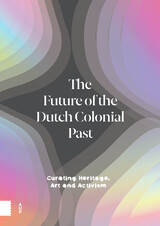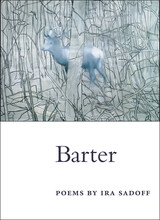
Rooted firmly in the “fleeting world,” Sadoff’s poems find epiphanies of meaning in unexpected and even unpleasant experiences and emotions. The poems in Barter delve deeply into the past, the personal past of regret, travel, love, divorce, and bereavement, as well as the global past of Beethoven, Vietnam, and the fall of communism. Each poem is offered up by Sadoff as a barter, something to be traded for a little more time, a little more understanding.
The poems in Barter comment on the power of culture to interject itself into our desire for an idealized self, the way our inner and outer lives lack correspondence, harmony, and integration. They also talk about commerce, the trading of bodies, the way we as a nation “use” and exchange and appropriate -- and like Tolstoy’s Ivan Ilyich, try to bargain with and evade the urgency of our time on earth.
In the poem “Self-Portrait with a Critic,” Sadoff makes what could be a succinct statement of purpose: “And inside, let’s not make it pretty, / let’s save the off-rhyme and onomatopoeia / / for the concert hall, let’s go to the wormy place / where the problematic stirs inside his head.”
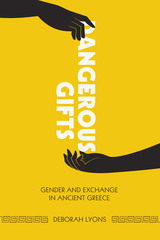
Deianeira sends her husband Herakles a poisoned robe. Eriphyle trades the life of her husband Amphiaraos for a golden necklace. Atreus’s wife Aerope gives away the token of his sovereignty, a lamb with a golden fleece, to his brother Thyestes, who has seduced her. Gifts and exchanges always involve a certain risk in any culture, but in the ancient Greek imagination, women and gifts appear to be a particularly deadly combination.
This book explores the role of gender in exchange as represented in ancient Greek culture, including Homeric epic and tragedy, non-literary texts, and iconographic and historical evidence of various kinds. Using extensive insights from anthropological work on marriage, kinship, and exchange, as well as ethnographic parallels from other traditional societies, Deborah Lyons probes the gendered division of labor among both gods and mortals, the role of marriage (and its failure) in transforming women from objects to agents of exchange, the equivocal nature of women as exchange-partners, and the importance of the sister-brother bond in understanding the economic and social place of women in ancient Greece. Her findings not only enlarge our understanding of social attitudes and practices in Greek antiquity but also demonstrate the applicability of ethnographic techniques and anthropological theory to the study of ancient societies.
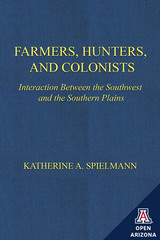
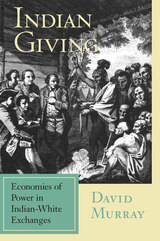
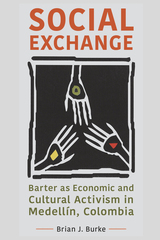
READERS
Browse our collection.
PUBLISHERS
See BiblioVault's publisher services.
STUDENT SERVICES
Files for college accessibility offices.
UChicago Accessibility Resources
home | accessibility | search | about | contact us
BiblioVault ® 2001 - 2024
The University of Chicago Press



